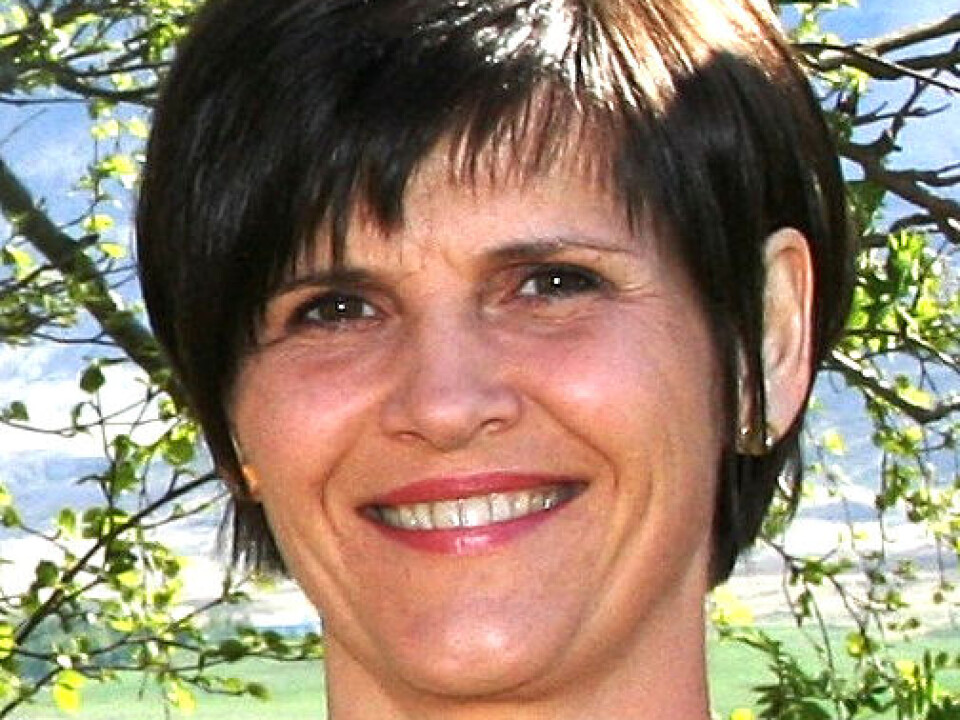An article from Norwegian SciTech News at NTNU

Difficult to motivate patients to change
Patients with heart disease need guidance in how to adopt healthier eating habits, quit smoking and be more physically active. The health care system isn’t consistently providing that help.
Cardiovascular disease kills. Unhealthy lifestyle habits, like smoking, little exercise or poor diet are often the reason for the disease. Switching to a healthier lifestyle can reduce the risk of getting sick. Yet many people fail to change their habits.
Doctors, nurses and physiotherapists have an important role to play in helping patients build better habits. But even though health personnel should and want to give patients the training they need, several studies indicate that they often miss the boat when it comes to having that essential conversation about lifestyle change.
So are healthcare professionals neglecting patient education?
“The professional dialogue is missing. Health personnel would welcome greater support and opportunities to discuss patient education with colleagues, but it doesn’t seem to be part of the culture,” says Margrét Hrönn Svavarsdóttir at NTNU. She works at NTNU’s Faculty of Health, Care and Nursing in Gjøvik and at the University of Akureyri in Iceland.
Want to help, but lack skills

Svavarsdóttir interviewed patients and healthcare professionals from Norway and Iceland to investigate what characterizes good patient education.
“Patient education is about providing information and knowledge to make the necessary lifestyle changes. We need to help patients manage their lives with the disease,” says Svavarsdóttir.
Three important attributes for healthcare personnel came out of the interviews: they need to have theoretical knowledge, clinical experience and an ability to communicate the message in a positive way.
Most health professionals do have broad knowledge and experience, but that is no guarantee that they can effectively communicate the information to patients in a way they take to heart.
Health personnel need education, too
“It’s important for patients to realize the seriousness of their situation. And that means that the ability of health personnel to create trust and credibility, and to speak in a way patients understand, is key,” says Svavarsdóttir.
Patients will succeed with lifestyle changes only if they make an effort to become healthier. Health personnel have to be able to create a good climate for dialogue and motivate patients to want to take charge of their own lives. In order to navigate these important discussions, healthcare professionals need education and practice, too.
Svavarsdóttir believes there is plenty of potential for improvement, and that doctors, nurses and physiotherapists need to take the lead in building the culture of discussion and dialogue that’s missing.
To plan and carry out effective education strategies for patients with cardiovascular disease, colleagues can discuss patient training and simulate situations and scenarios with each other.
Svavarsdóttir’s studies will be used to provide guidance to health professionals to ensure better patient education.
------------------------------------------------
Read the Norwegian version of this article at forskning.no
Scientific links
- Svavarsdóttir, Sigurðardóttir and Steinsbekk: Knowledge and skills needed for patient education for individuals with coronary heart disease: The perspective of health professionals. European Journal of Cardiovascular Nursing, February 2016
- Svavarsdóttir, Sigurðardóttir and Steinsbekk: What is a good educator? A qualitative study on the perspective of individuals with coronary heart disease. European Journal of Cardiovascular Nursing, November 2015
- Svavarsdóttir, Sigurðardóttir and Steinsbekk: How to become an expert educator: a qualitative study on the view of health professionals with experience in patient education. BMC Medical Education, May 2015


































